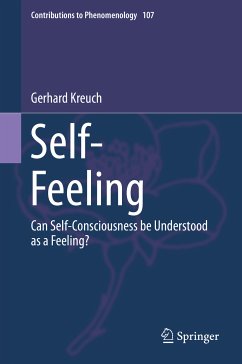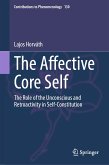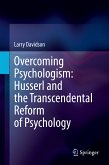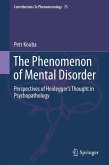The author seeks to understand self-consciousness as an affective phenomenon, namely as self-feeling. He identifies it as a pre-reflective, pre-propositional, bodily feeling that shapes our space of possibilities. It is the affective disclosure of individual existence. His account overcomes the difficulties of infinite regress and vicious circularity that reflective (or higher-order) accounts of self-consciousness struggle with. At the same time, it helps build a bridge between the basic level of self-consciousness and the higher level of more substantial thoughts about oneself. The title explores fundamental affectivity, Matthew Ratcliffe's theory of existential feelings, features of self-feeling, and appropriateness and inappropriateness in self-interpretation. It also considers the contributions of the Heidelberg School of self-consciousness to current debates.
The title provides students and researchers with a unique look into such vital philosophical questions as: What is self-consciousness? How do we know ourselves? It will also appeal to a wider audience interested in self-consciousness and/or human affectivity since it does not presuppose knowledge of the jargon.
Dieser Download kann aus rechtlichen Gründen nur mit Rechnungsadresse in A, B, BG, CY, CZ, D, DK, EW, E, FIN, F, GR, HR, H, IRL, I, LT, L, LR, M, NL, PL, P, R, S, SLO, SK ausgeliefert werden.









